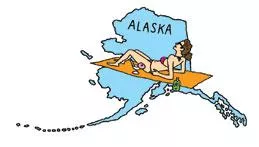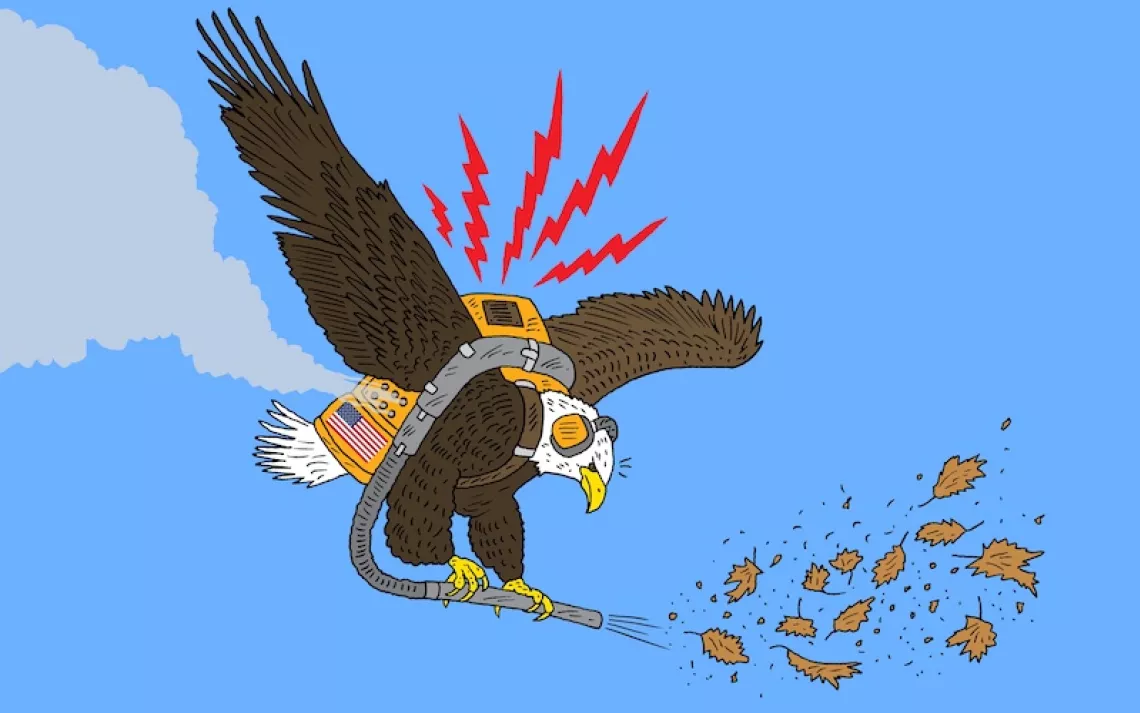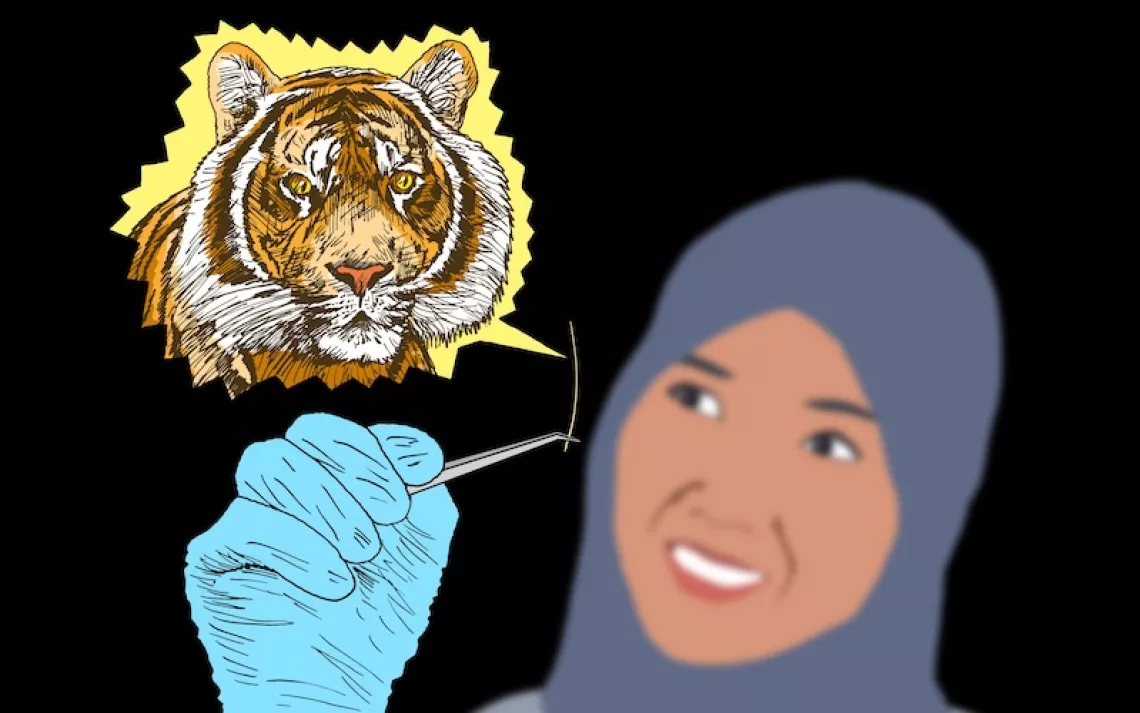Two Months, One Page
Global carbon dioxide emissions rose 1.4 percent in 2012, says the International Energy Agency, putting the planet on a "difficult and dangerous trajectory."
This spring is the earliest on record in the United States.

Purple martins fail to shift their migration schedule to match the early onset of spring, leading them to miss out on peak insect populations at their Northeast destinations.
Fish migrate toward the poles in search of cooler waters.
Atlantic puffins in the Gulf of Maine are dying of starvation.
Los Angeles becomes the largest city in the country to ban single-use plastic bags.
Central Europe endures its worst floodingsince the Middle Ages>.
Record floods displace 75,000 people in Calgary and parts of southern Alberta, Canada, including workers at the headquarters of the province's tar-sands mining companies.
German brewers charge that fracking might contaminate groundwater, thus violating the country's Reinheitsgebot, or beer purity law, of 1516.

On June 17, the temperature in Talkeetna, Alaska, hits 96°F.
Bike sharing comes to New York City, with more than 6,000 bicycles available at 330 stations in Manhattan and Brooklyn. In the first month, New Yorkers log more than 1 million miles.
President Barack Obama announces a sweeping climate policy, including plans for the first CO2 limits on existing coal plants.

China now uses more than half of the world's coal.
The San Onofre Nuclear Generating Station in Southern California shuts down for financial reasons, leaving 100 nuclear reactors operating in the United States.
The most destructive wildfire in Colorado history burns 486 homes and 14,000 square miles.

If Earth warms another 1°C, all painted turtles will be born female.
Climate disasters in 2012 cost the United States $110 billion, the National Oceanic and Atmospheric Administration reports.
The U.S. Fish and Wildlife Service says the gray wolf is no longer in danger of extinction and doesn't need protection under the Endangered Species Act.
By year's end, the world will have the capacity to produce more than 300 gigawatts of power from wind—as much as from 114 nuclear power plants.
The British Columbia government opposes construction of Enbridge's Northern Gateway pipeline, which would carry tar sands oil from Alberta to B.C. ports for export.
Seventeen years after the Hula painted frog was declared extinct, 10 of them are discovered in Israel's Hula Nature Reserve.
 The Magazine of The Sierra Club
The Magazine of The Sierra Club






